
Focus Areas
Feeding the Planet
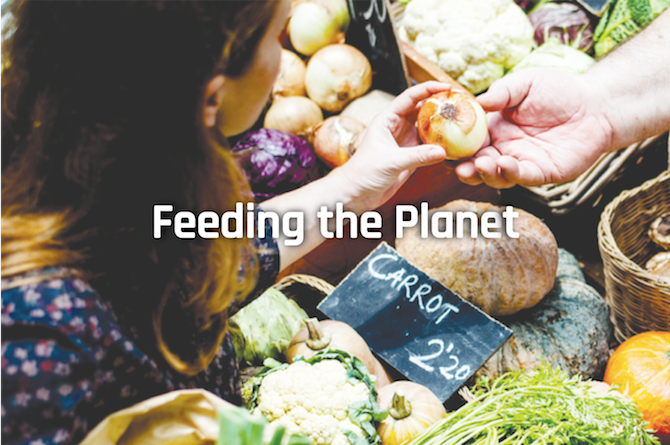
In support of the UN Sustainable Development Goals, IGCAT´s World Regions of Gastronomy aim to stimulate debate about the production of sufficient and healthy food for everyone. There is enough food to feed the world if we protect the planet´s biodiversity. Food kilometres, sustainable farming practises, importance of pollinators and food waste are FOCUS AREAS just some of the areas that our awarded and candidate regions have addressed. Through sharing knowledge, supporting project ideas and giving each other access to templates and tools, we are contributing to our collective future food security.
Innovation, Creativity and Job Opportunities
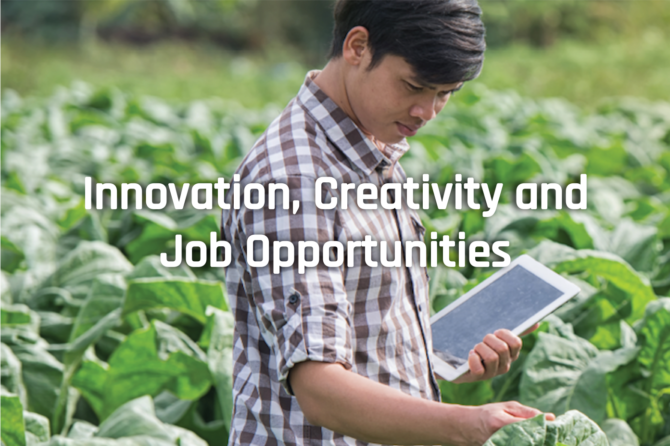
Creativity in the form of storytelling and visuals can generate both new products and services. The widening of food markets poses unique opportunities for sustainable regional food systems. By highlighting local products as well as taking advantage of growth in specialist and niche food markets, regional producers can expand their client base using digital technologies. Harnessing opportunities to market products to tourists and visitors can increase export sales, create cognitive links between a region and its unique products as well as instill pride in local food heritage and traditions. A region´s artists, landscape, crafts, and traditional or contemporary culture are the distinctive selling point for a variety of new creative services and experiences.
Educating for our Future

Ensuring good food for everyone starts with understanding the importance of local and healthy food options. Nourishing children and adults through culinary and cultural education for responsible production and consumption improves people’s health, encourages sustainable development, and instills pride in local food cultures. It is also a vital way to ensure that good food can reach everybody. The World Regions of Gastronomy prioritize collaboration with education and knowledge sectors. These collaborations are vital for the dissemination of information on the importance of regional gastronomy for the future health and well-being of citizens.
Balanced and Sustainable Tourism
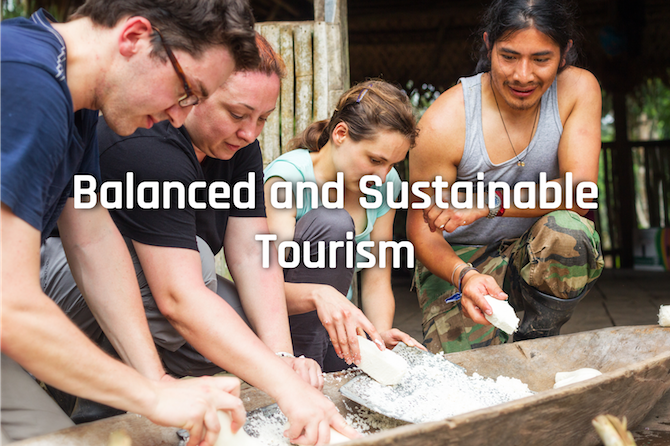
Regional gastronomy provides a wealth of diversity, not just in terms of different foods, but also in the many ways of eating, presenting, and serving those foods. Traditions developed over centuries form the vital ‘DNA’ of food cultures and represent important potential sources of innovation in the service and hospitality industries. Raising awareness about the advantages of integrating local food, recipes and traditions into tourism offerings and collaborating with food and cultural events services in the region will contribute to greater environmental, economic and cultural sustainability. Visitors are the best ambassadors for a region thanks to social media and can increase the client base for food export. Smart strategies give the region unprecedented visibility for a fraction of the costs of traditional promotional methods. Supporting quality gastronomy tourism initiatives have the added advantage of ensuring that tourism income can reach rural areas where it is often greatly needed.
Linking Urban and Rural
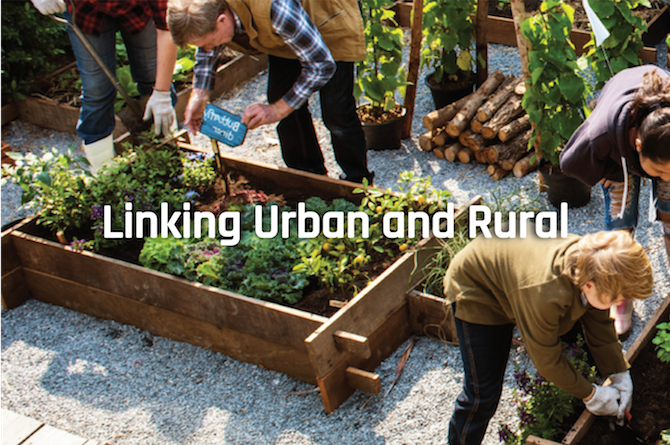
The World Regions of Gastronomy endeavour to re-connect rural and urban environments by bringing the countryside to the city and the city to the countryside, encouraging a re-valorisation of traditional and indigenous knowledge of food customs and systems. There is a growing divide between rural and urban areas, particularly in the fields of food and culture. People in urban settings are less aware of where their food comes from and are disconnected from the food-related rituals that have sustained their communities for centuries. We focus on initiatives that provide opportunities to bridge rural and urban environments, connect citizens and foster social cohesion.
Well-being and Healthier Living
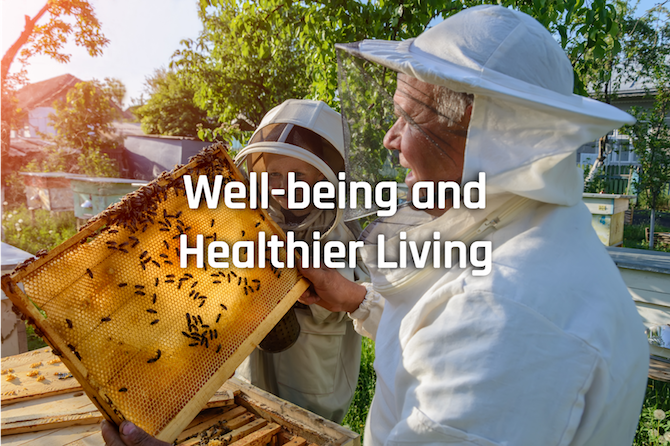
IGCAT advocates for the promotion of healthier lifestyles through greater awareness and citizen engagement in natural farming, outdoor recreation, and culinary and cultural traditions. Developing experiences (farm visits, culinary masterclasses, sensory events, foraging etc.) can be enriching for both visitors and local citizens. To achieve sustainable healthy lifestyles and food systems, attention must be paid to how food and goods are produced from seed, and soil to packaging and transportation. Transparency and awareness of product ingredients and the nutritional value of local food need to be revalorized and we work with local producers to advance consumer knowledge. By using creativity to showcase wholesome and healthy regional and local food, we contribute to a more holistic approach to well-being.
